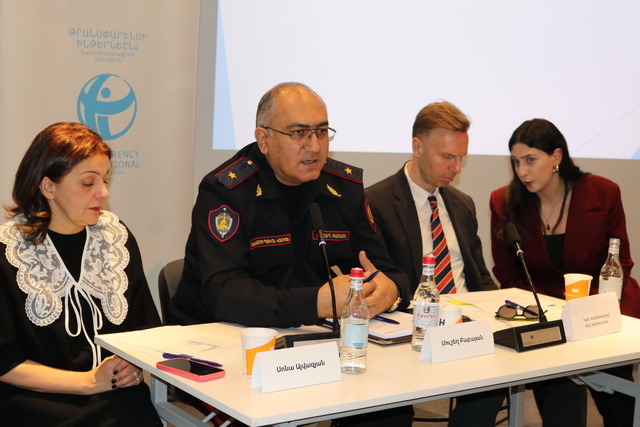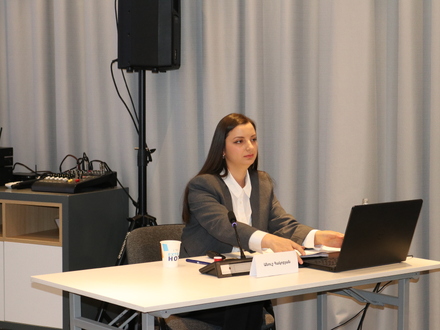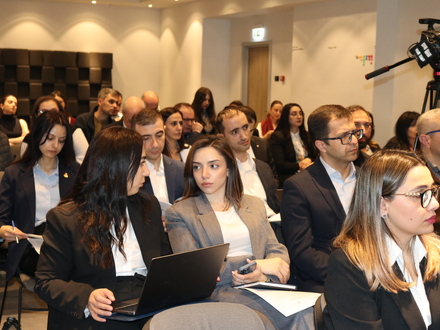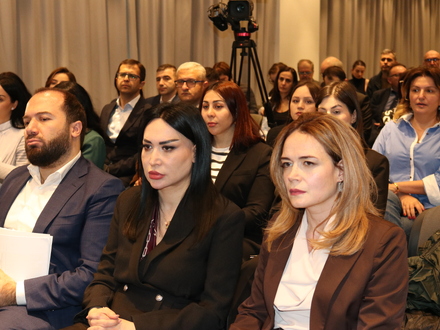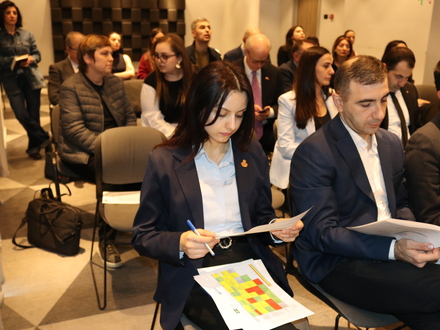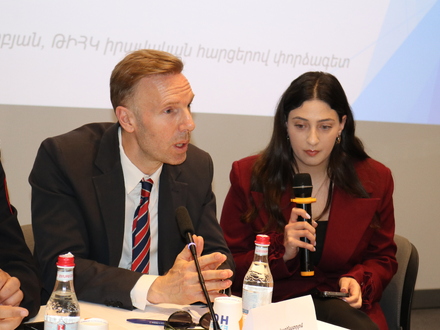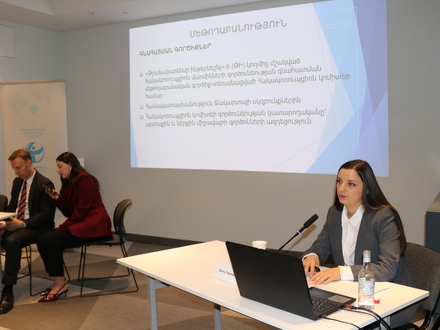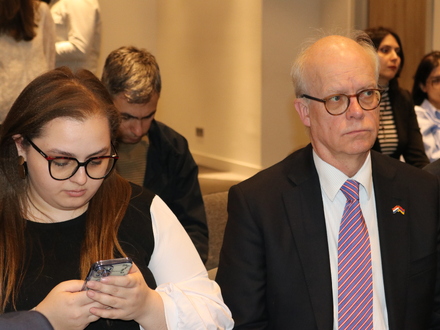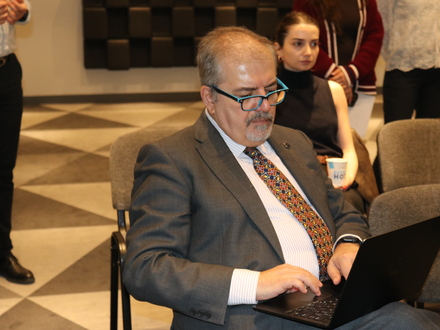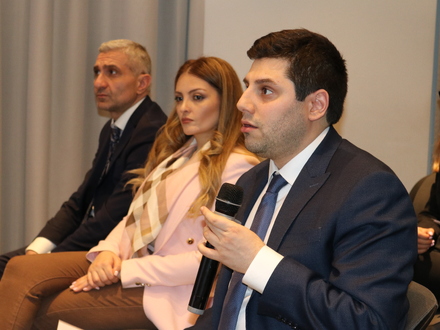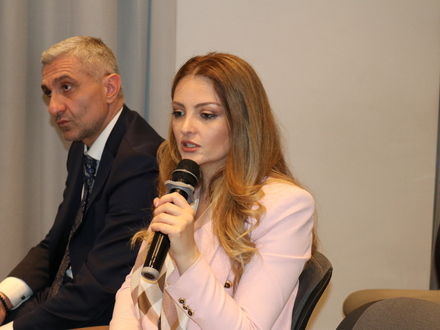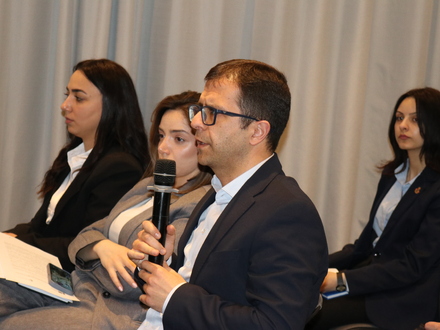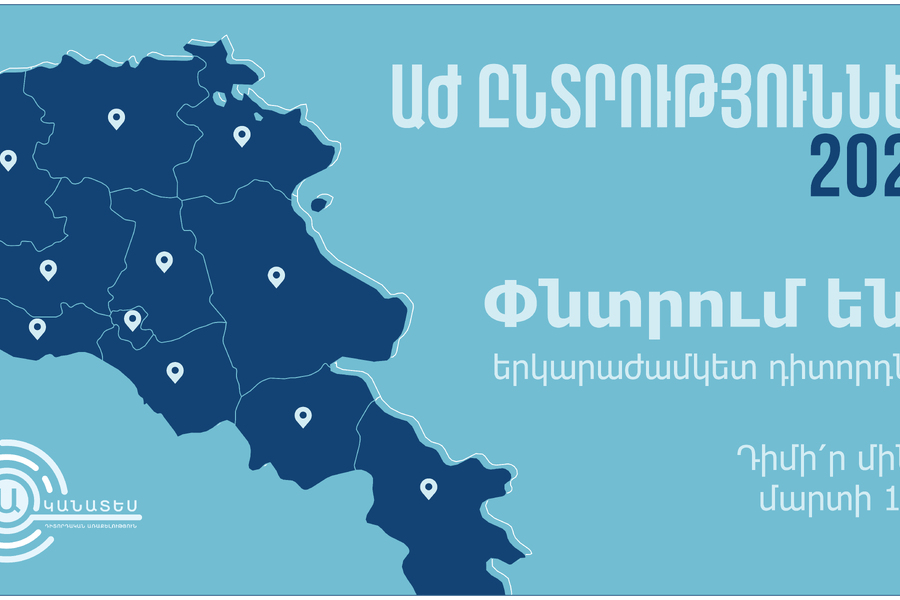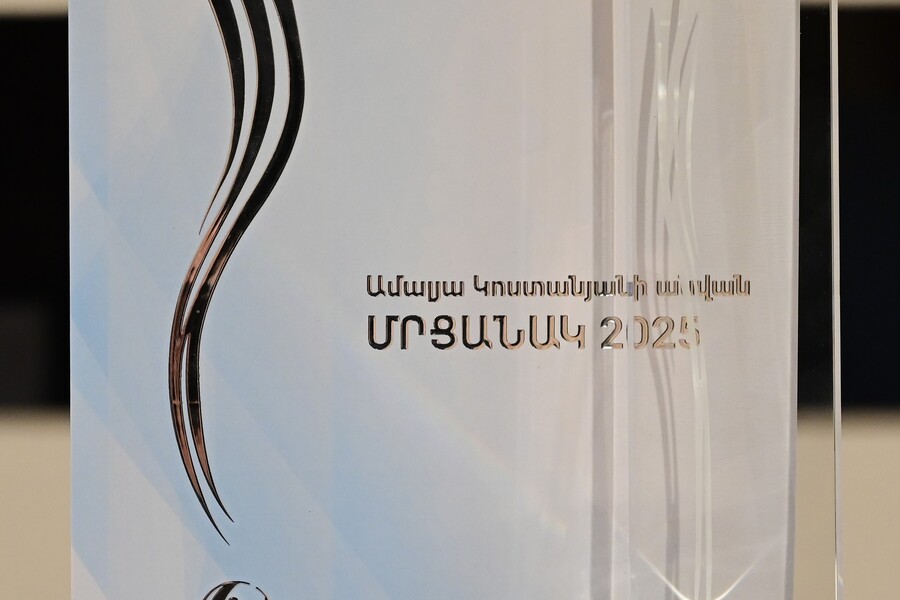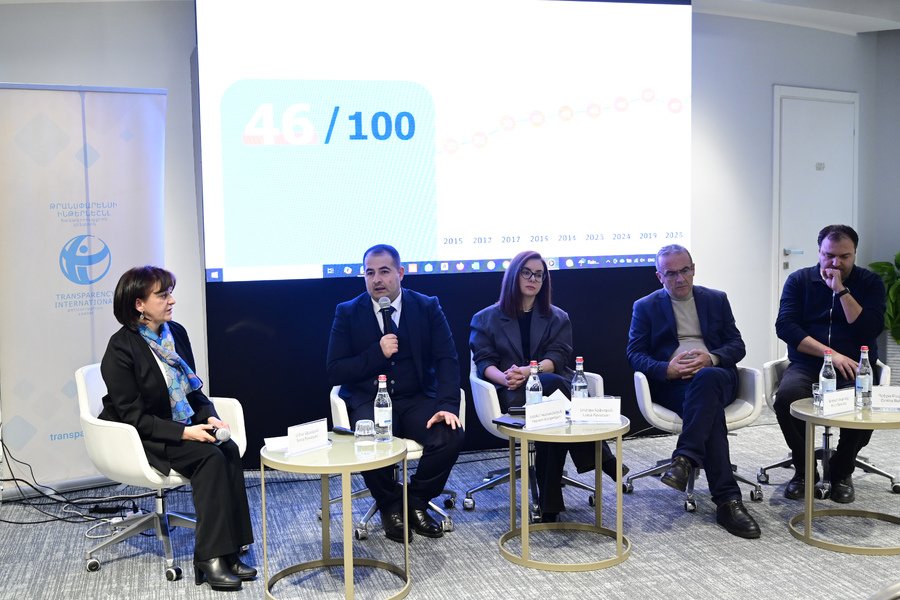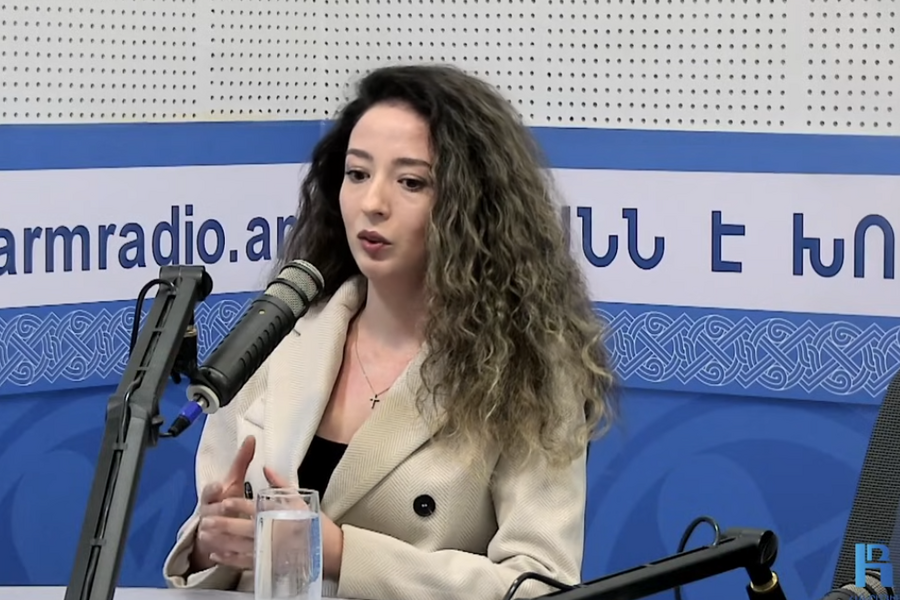Presentation of the Assessment Results of the RA Anti-Corruption Committee’s Activities
A few days ago, TIAC presented its latest report to the public, which evaluates the performance of the RA Anti-Corruption Committee.
The study goes beyond numbers and facts — it reveals how independent, well-resourced, accountable, and effective the Committee truly is in its operations.
The Anti-Corruption Committee’s activities were assessed based on a methodology developed by Transparency International for evaluating anti-corruption bodies, covering six key areas:
- the independence and status of the institution,
- availability of financial and human resources,
- accountability and internal integrity,
- detection, investigation, and prosecution of corruption-related crimes,
- anticorruption education and awareness,
- cooperation and external relations.
The methodology also allowed for an assessment of the Committee’s compliance with the Jakarta Principles, as well as an analysis of internal and external influencing factors.
Anush Hakobyan, TIAC Legal Expert and the author of the report, noted that several of the findings are cause for concern. While the Committee’s independence and status were rated above average, the risk of external influence remains a real issue.
In his speech, the Deputy Head of the Anti-Corruption Committee, Mushegh Babayan, assured that the team is already familiar with the content of the report, the recommendations have been acknowledged, and they are already working to address the identified shortcomings.
The Committee received low scores particularly in the areas of accountability, internal integrity, as well as its preventive, educational, and awareness-raising functions.
The study was conducted by Transparency International Anticorruption Center (TIAC) with the support of the Government of Sweden.
The event was covered by the following media outlets:


